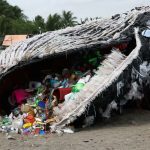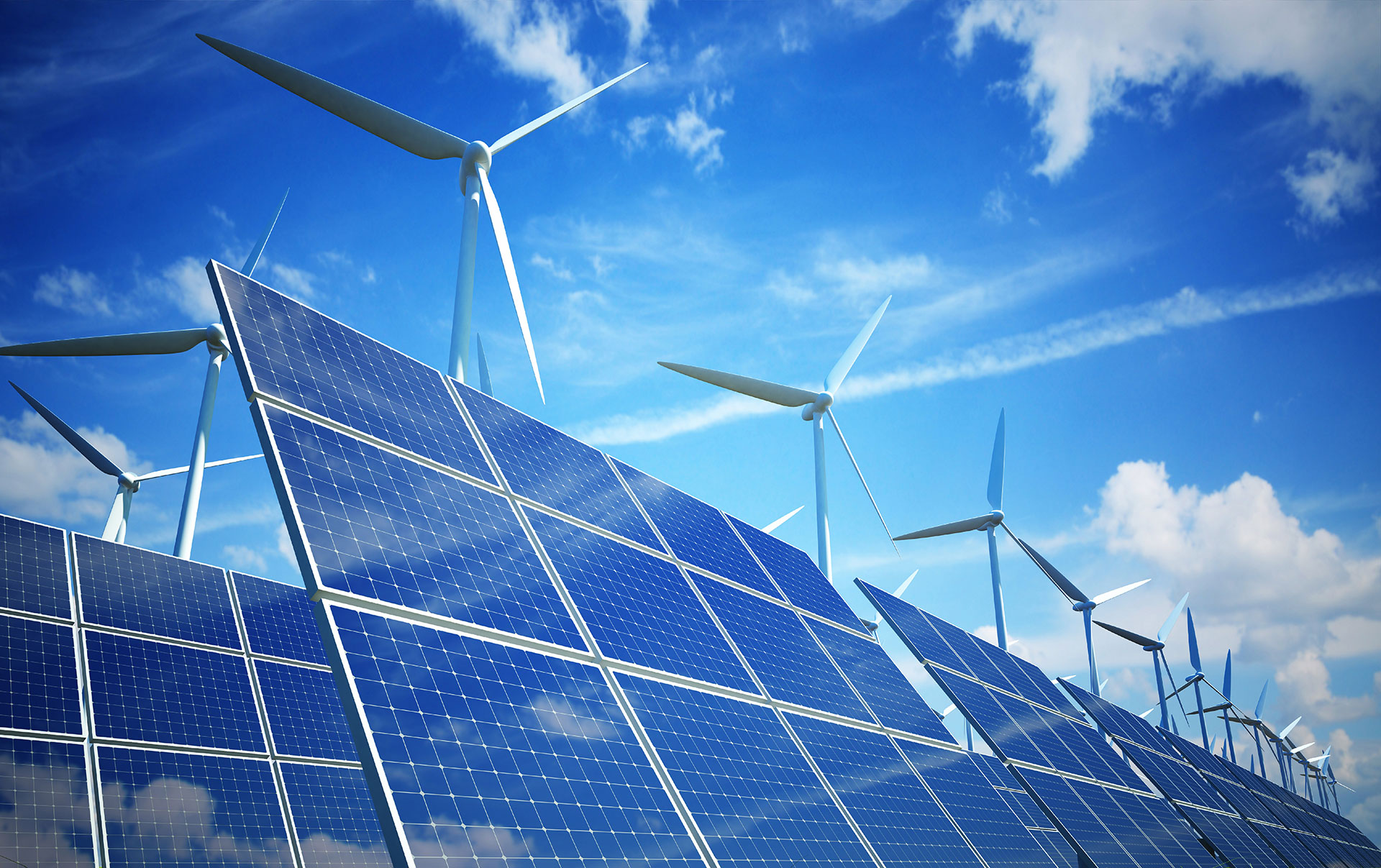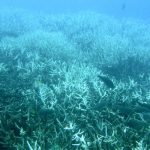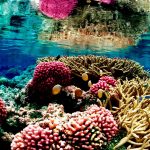Large filter feeders, such as baleen whales and basking sharks, could be particularly at risk from ingesting the tiny plastic particles, say scientists.
Whales, some sharks and other marine species such as rays are increasingly at risk from microplastics in the oceans, a new study suggests.
Species such as baleen whales and basking sharks, which feed through filtering seawater for plankton, are ingesting the tiny particles of indigestible plastic which now appear to permeate oceans throughout the world. Some of these species have evolved to swallow hundreds or even thousands of cubic metres of seawater a day, but taking in microplastic can block their ability to absorb nutrients, and may have toxic side-effects.
The new study, published in the journal Trends in Ecology and Evolution, advises more research on the megafauna of the oceans, as the effects of microplastics on them is currently not well understood. Scientists have found, for instance through examining the bodies of beached whales, large pieces of plastic in the guts of such creatures, but the effect of microplastics, though less obvious, may be just as harmful.
https://www.theguardian.com/environment/2018/feb/05/whale-and-shark-species-at-increasing-risk-from-microplastic-pollution-study







